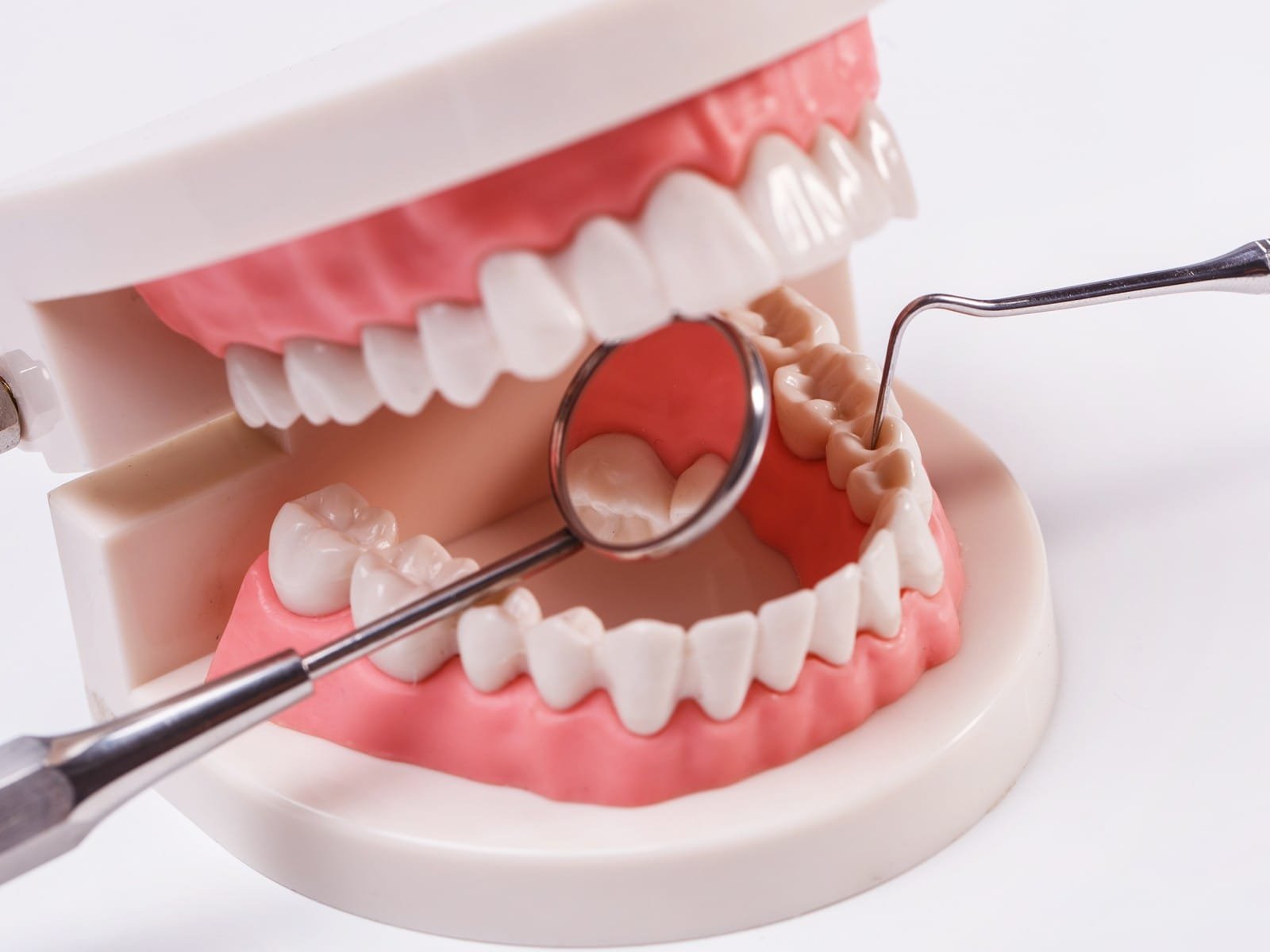When you bring your child to a pediatric dentist, you want the care to fit their age and needs. A pediatric dentist in Cary, NC, understands this deeply. They tailor their approach based on the unique needs of infants, toddlers, and older children. Each age group faces different challenges. Infants are in the early stages of growth, requiring special attention to avoid future problems. Toddlers often experience teething, needing care that soothes and prevents issues. Older children might face orthodontic concerns, preparing their mouths for future health. Understanding these age-based differences ensures effective treatment. It also provides peace of mind that your child’s dental needs are met with skill. Pediatric dentists want to help children feel comfortable and confident at every stage. In doing so, they foster a lifetime of positive oral health habits that support long-term success.
Why Age Matters in Dental Care
Age significantly influences dental care. Different stages of childhood bring unique challenges. Recognizing these differences is crucial. Care that works for an infant won’t suit a teenager. The approach must be age-appropriate to ensure effectiveness.
Infant Dental Care
Infants need gentle, preventive care. The American Dental Association recommends a dental visit by age one. Early visits help prevent future issues. Dentists focus on educating parents. They offer guidance on cleaning gums and what to expect as teeth emerge. This early intervention supports a healthy foundation.
Toddler Dental Care
Toddlers often face teething and early cavities. Dentists work to ease discomfort. They might suggest using a clean damp cloth to clean teeth. Fluoride treatments and dental sealants can prevent decay. The goal is to ensure comfort and build trust with dental visits.
Care for Older Children
As children grow, their dental needs change. Regular check-ups become more important. Orthodontic evaluations often start around age seven. Dentists monitor growth and guide parents through the process. This stage focuses on preventive measures and early corrective strategies.
Comparison of Dental Needs by Age
Age Group | Common Issues | Treatment Focus |
|---|---|---|
Infants | Teething, Early Decay | Prevention, Parent Education |
Toddlers | Teething Pain, Cavities | Comfort, Early Intervention |
Older Children | Orthodontic Concerns, Growth Monitoring |
Education and Guidance
Education is key in pediatric dental care. Dentists provide resources to parents. The Centers for Disease Control and Prevention offers guidance on children’s oral health. Parents learn about brushing techniques and the importance of regular visits. This knowledge helps maintain oral health at home.
Building Comfort and Trust
Visits to the dentist should be comfortable for children. Pediatric dentists create a welcoming environment. They often use child-friendly language and activities. This makes dental care less intimidating. Building trust early ensures children feel secure. Positive experiences encourage lifelong dental health.
The Importance of Routine
Consistency matters in dental health. Routine visits help catch issues early. They also reinforce good habits. Dentists set a schedule that fits each child’s needs. Regular check-ups and cleanings support ongoing health. This routine forms a strong foundation for future dental care.
Conclusion
Tailored dental care plays a crucial role in a child’s health. Pediatric dentists adapt their strategies to fit each stage of development. This approach ensures effective and comfortable care. By focusing on age-specific needs, dentists help children grow with strong, healthy smiles. Your child’s dental journey builds lifelong habits, ensuring a healthy future.



